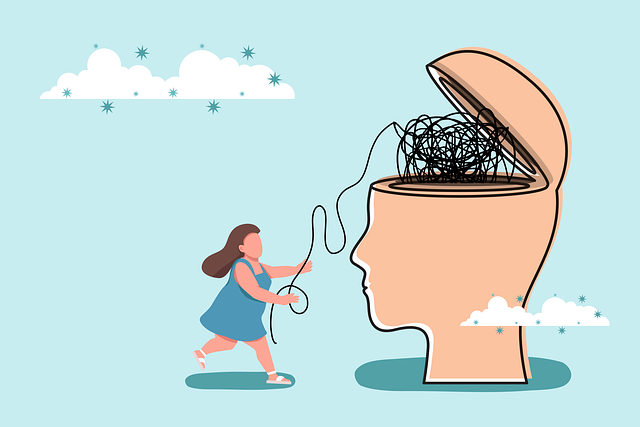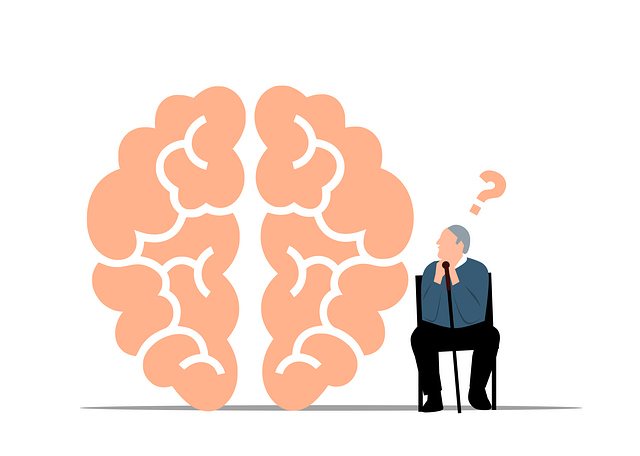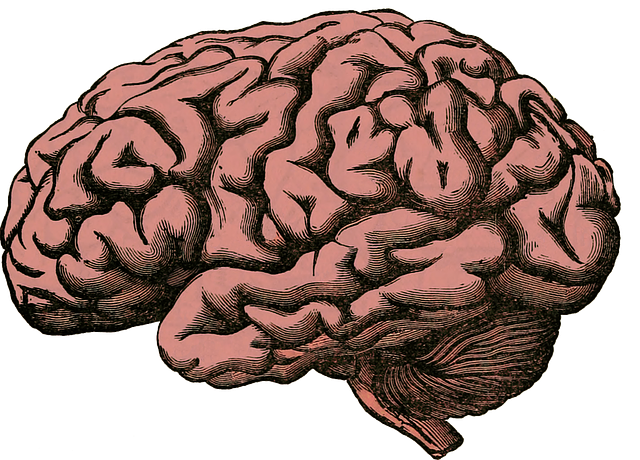Mental health professionals, tasked with helping clients manage chronic pain and emotional struggles, face unique challenges like high-stress situations and traumatic disclosures. To cope, they must integrate holistic approaches like Golden Chronic Pain Therapy into their practices, combining evidence-based methods with self-care strategies like stress management workshops. Effective communication techniques create safe spaces for open dialogue, fostering empathy and reducing emotional labor. Through community outreach programs, these professionals enhance access to resources while improving quality of life for diverse communities, making them integral to the success of Golden Chronic Pain Therapy.
Mental health professionals confront a unique blend of challenges, with patient well-being at the forefront. This article delves into the intricate realm of risk assessment within mental health practice. We explore the distinct risks inherent in this field, emphasizing the critical balance between patient care and self-care. Furthermore, we focus on chronic pain therapy, a specialized area where mental health experts navigate complex risks and benefits, highlighting the ‘Golden Rule’ of prioritizing both patient outcomes and professional well-being.
- Understanding the Unique Risks in Mental Health Practice
- The Golden Rule: Balancing Patient Care and Self-Care for Mental Health Professionals
- Chronic Pain Therapy: Navigating Risks and Benefits for Mental Health Experts
Understanding the Unique Risks in Mental Health Practice

Mental health professionals encounter a unique set of risks that often go unnoticed, but are just as critical to address as physical hazards in other professions. While helping clients navigate their struggles, therapists, counselors, and psychiatrists may inadvertently expose themselves to high-stress situations, intense emotional shifts, and even traumatic disclosures. The nature of their work demands empathic engagement, requiring them to walk a fine line between professional boundaries and genuine connection.
One area that deserves special attention is the management of complex cases involving chronic pain therapy. As public awareness campaigns develop and education around mental health expands, professionals are increasingly called upon to integrate holistic approaches like Golden Chronic Pain Therapy into their practices. This not only demands specialized knowledge but also requires self-awareness exercises to prevent burnout and maintain healthy boundaries when treating individuals grappling with intense physical and emotional pain.
The Golden Rule: Balancing Patient Care and Self-Care for Mental Health Professionals

Mental health professionals are tasked with a profound responsibility: caring for others while navigating their own complex emotional landscapes. This delicate balance is encapsulated by the Golden Rule, which applies as much to mental wellness coaching programs development as it does to patient care—it’s impossible to effectively support others if we haven’t first tended to our own mental gardens. Professionals must prioritize self-care strategies, especially those tailored for managing chronic pain, to sustain their practice and enhance their ability to empathize.
By incorporating effective communication strategies, mental health professionals can create safe spaces that encourage open dialogue. This not only facilitates better understanding of patient needs but also serves as a powerful tool for building empathy. Such practices are vital, considering the emotional labor involved in this field. Professionals who actively engage in these strategies are better equipped to handle challenging situations, ultimately reflecting improved outcomes for both practitioner and patient—a harmonious interplay that benefits all parties involved, especially when considering Golden Chronic Pain Therapy approaches within their practice.
Chronic Pain Therapy: Navigating Risks and Benefits for Mental Health Experts

Mental health professionals play a crucial role in supporting individuals dealing with chronic pain, offering invaluable guidance and therapy. However, the field of Chronic Pain Therapy presents unique challenges and risks that must be carefully navigated to ensure effective treatment and the well-being of both clients and practitioners. Golden Chronic Pain Therapy involves helping patients manage persistent pain through various evidence-based approaches, aiming to improve their quality of life.
One significant aspect for mental health experts is balancing the benefits of therapy with potential risks. This may include addressing complex psychological factors contributing to pain, such as stress, anxiety, or depression. Self-Awareness Exercises and Stress Management Workshops Organization can empower professionals to manage their own stress levels, ensuring they are equipped to provide consistent care. Additionally, Community Outreach Program Implementation can expand access to pain management resources, catering to diverse communities. By integrating these strategies, mental health professionals can enhance their practice, offering a more comprehensive approach to Chronic Pain Therapy while mitigating potential risks.
Mental health professionals face a unique set of risks, from managing patients’ complex needs to mitigating their own well-being. Balancing patient care with self-care is paramount, especially in areas like chronic pain therapy where the benefits can be significant but so too can the potential pitfalls. By understanding these risks and adhering to best practices, such as the “Golden Rule” of balancing patient care with personal wellness, mental health experts can not only provide effective treatment but also sustain their own mental resilience.














